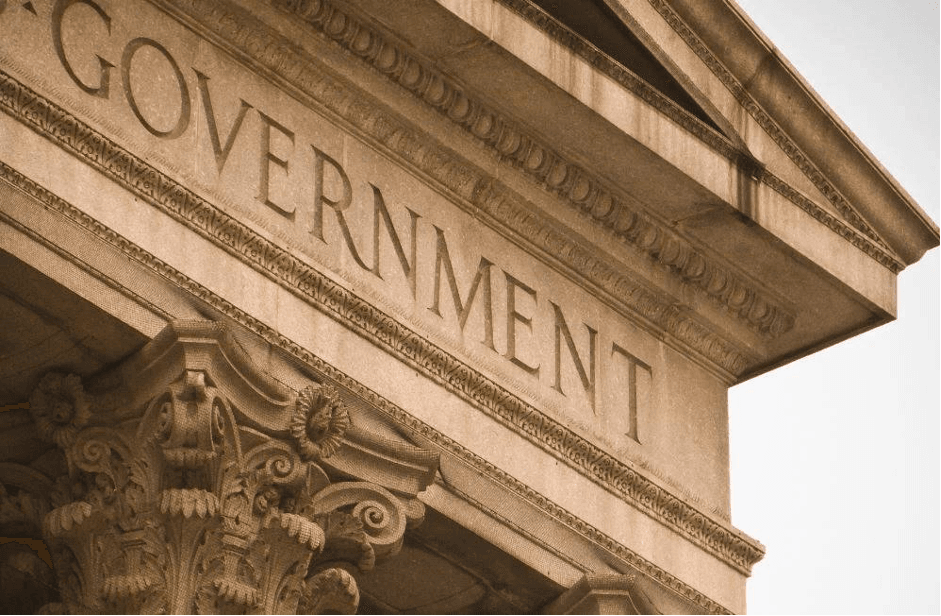
Small and Medium-sized Enterprises (SMEs) are the backbone of global economic development. In many countries, SMEs account for a sizable portion of the Gross Domestic Product (GDP), enabling the state’s economy to stay afloat. Not only GDP, but SMEs also contribute to our communities and economy in other significant aspects such as the employment rate, services diversity, innovation & creativity, plus, the social development for a sustainable future.
Despite being an engine of development, SMEs are facing a number of challenges. For instance, the lack of access to finance, market access, and difficulty in competing with large firms. And you guess it? Government policy has a profound and far-reaching impact on SMEs and shapes the environment in how SMEs operate including their access to resources as well as competition and protection.
 SMEs Bank of Cambodia
SMEs Bank of Cambodia
Access to Finance
The lack of financial access is one of the major challenges that many SMEs face especially in developing countries that are met with unfulfilled financial needs due to discrimination from banks.
Therefore, a more straightforward way for SMEs to get the funding they require to launch, expand, and innovate is through government-backed loan guarantee programs, grants, and other financial assistance. For instance, during the COVID-19 epidemic, the government of Cambodia formed two state-owned banks, SME Bank and the Credit Guarantee Corporation of Cambodia (CGCC), to offer financial support to SMEs. The establishment of these banks places a high priority on enhancing SMEs' access to financing in important industries and has played a significant role in helping SMEs during the pandemic.
Innovation
Government policies can foster innovation in SMEs by offering financial support or imposing requirements on them to hire more staff, purchase new equipment, or engage in research and development (R&D). This will enable SMEs to commercialize their innovations and thrive in a cutthroat business environment. Without a doubt, the government will also help SMEs become more competitive by pushing them to embrace new technology and adopt new methods.
Access to Market
The government plays a significant role in helping SMEs playfield in market networks. The government can assist SMEs in competing more successfully in the international market by ensuring that regulations are favourable to SMEs.
In light of this, Trade Agreements (TAs) are among the most well-known laws that significantly increase SMEs' access to the global market. Trade Agreements assist SMEs in accessing new markets by reducing or eliminating tariffs on goods and services, and other trade barriers which enable a greater trade flow. Moreover, TA can increase the opportunities for investments and other collaborations between businesses for SMEs from different states.
Besides the international market, the government can also help expand market access within its state by connecting national and local technology transfer hubs that link the local networks with similar needs and complementary capabilities with others before going global as well.
Overall Economic Climate
The impacts of government policies on the overall economy also indirectly affect the regulation and success of SMEs. Particularly, the policies on fiscal and monetary policies, which include taxation and spending, can affect interest rates, inflation, and economic growth, leading to changes in SMEs’ demand and production because these policies influence how much the consumers will be able to afford. Regarding this issue, the government can make it easier for SMEs to operate as well by reducing the amount of regulations they have to deal with and creating business-friendly conditions.
Written by: Navy Roya, a Junior Researcher at ASIP
Reference:
Chhim, K. Lay, J. (2023). Roles of SMEs in Cambodian Economic Development and Challenges during COVID-19 Pandemic. National Bank of Cambodia. Retrieved from https://www.nbc.gov.kh/download_files/macro_conference/english/Roles_of_SMEs_in_Cambodian_Economic_Development_and_Challenges_during.pdf
European Commission. (n.d.). COSME - Competitiveness of Enterprises and Small and Medium-sized Enterprises. European Commission. Retrieved from https://single-market-economy.ec.europa.eu/smes/cosme_en
GoCardless. (2021, May). How fiscal policy impacts business. Go Cardless. Retrieved from https://gocardless.com/en/resources/finance/how-fiscal-policy-impacts-business/
Khmer Times. (2023, February 28). SMEs continue to play an important role in the Cambodian economy. Khmer Times. Retrieved from https://www.khmertimeskh.com/501246777/smes-continue-to-play-an-important-role-in-the-cambodian-economy/
Lee, E. Lee, J. (n.d.). How ASEAN's extensive free trade agreements (FTAs) with other countries can help businesses with overseas expansion. UOB Group. Retrieved from https://www.uobgroup.com/asean-insights/articles/asean-free-trade-agreements.page
Organisation for Economic Co-operation and Development. (2004). Facilitating SMEs access to international markets. Organisation for Economic Co-operation and Development. Retrieved from https://www.oecd.org/sti/smes/21552238.pdf
Wayv. (n.d.). The importance of SMEs in local communities. Wayv. Retrieved from https://wayvtalk.com/guides/importance-of-smes-in-local-communities/
World Bank. (n.d.). Small and Medium Enterprises (SMEs) Finance. World Bank. Retrieved from https://www.worldbank.org/en/topic/smefinanc










